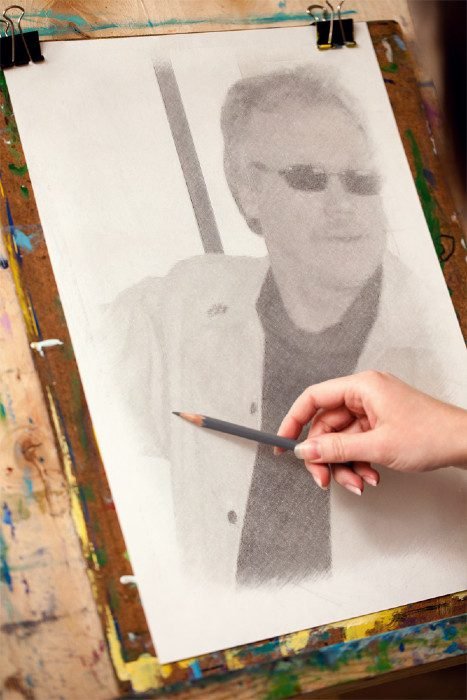
I typically talk with my counselor once a week. Today was my scheduled appointment. We spent most of our time talking about my Fundamentalist Baptist grandparents, John and Ann Tieken. Last week, I wrote a lengthy post about John and Ann. You can read this post here. Afterward, I received a vile, nasty comment from Dr. David Tee, whose real name is Derrick Thomas Thiessen. I responded to his comment here.
Writing about John and Ann was necessary, but doing so dredged up a lot of shit, some of which was buried deep in the recesses of my mind. I felt a sense of release and relief after writing the post. My counselor asked me, “so how do you feel today?” Before I answered that question, we talked about how my pastors, youth leaders, and Sunday school teachers taught me that I was obligated to always love and forgive people, no matter what they did to me. We talked about how the “blood of Jesus” was used as a cover for bad behavior, allowing perpetrators to escape personal accountability for their behavior. We also talked about that seminal moment in the late 1990s when I finally had enough of John and Ann and cut them out of my life; a decision I do not regret. I am glad that my children and grandchildren will never know John and Ann; never have to listen to their lectures and be demeaned by them; never have to watch their parents be berated and diminished by their Jesus-loving, family-hating grandparents. (Our three oldest children have vague memories of them, mostly from Christmases at my mom’s home in Columbus. Our oldest son likely saw John and Ann less than a dozen times in his first twenty years of life.)
“So how do you feel today?” my counselor, Melissa, asked. I replied, “I find myself asking ‘why?’ Why did John and Ann behave the way they did? Were they abused as children? What were their childhoods like?” In asking this question, I was looking for some way to justify their behavior or gain understanding that would allow me to forgive them.”
My counselor told me that the “why” question is a common question asked by trauma survivors. They are desperately looking for an explanation for why their abuser harmed them. I had convinced myself that if I only knew about John’s and Ann’s upbringing it would help me understand why they treated me the way they did. “Here’s the thing, Bruce,” my counselor softly said. “The ‘why” doesn’t matter, even if they were abused as children. They are responsible for their behavior.”
— Light goes on in my head —
Of course, my asking “why” gives John and Ann a way out; a way to avoid being held accountable for the harm they caused to me personally, to Polly, and to my mother. Regardless of their upbringing, John and Ann did what they did, and they must be held responsible for their behavior, including the rape of my mother as a child by John.
Our discussion turned to “forgiveness.” I told my counselor that had no plans to forgive John and Ann; that forgiveness, in my mind, is predicated on owning one’s behavior and making restitution. Since John and Ann spent my entire life hiding behind the blood of Christ and God’s forgiveness, I see no reason to forgive them. I am a forgiving person, but I don’t owe anyone forgiveness. Even if my grandparents had owned their bad behavior and made amends, I am not sure I would have forgiven them. As a Christian? Probably. But as an atheist and a humanist, probably not. I suspect I would have thanked them and walked away, thinking of my mom’s last moments before she killed herself. “John and Ann, you played an instrumental part in my beautiful mom’s death. May you rot in Hell.”
Bruce Gerencser, 68, lives in rural Northwest Ohio with his wife of 47 years. He and his wife have six grown children and sixteen grandchildren. Bruce pastored Evangelical churches for twenty-five years in Ohio, Texas, and Michigan. Bruce left the ministry in 2005, and in 2008 he left Christianity. Bruce is now a humanist and an atheist.
Your comments are welcome and appreciated. All first-time comments are moderated. Please read the commenting rules before commenting.
You can email Bruce via the Contact Form.


